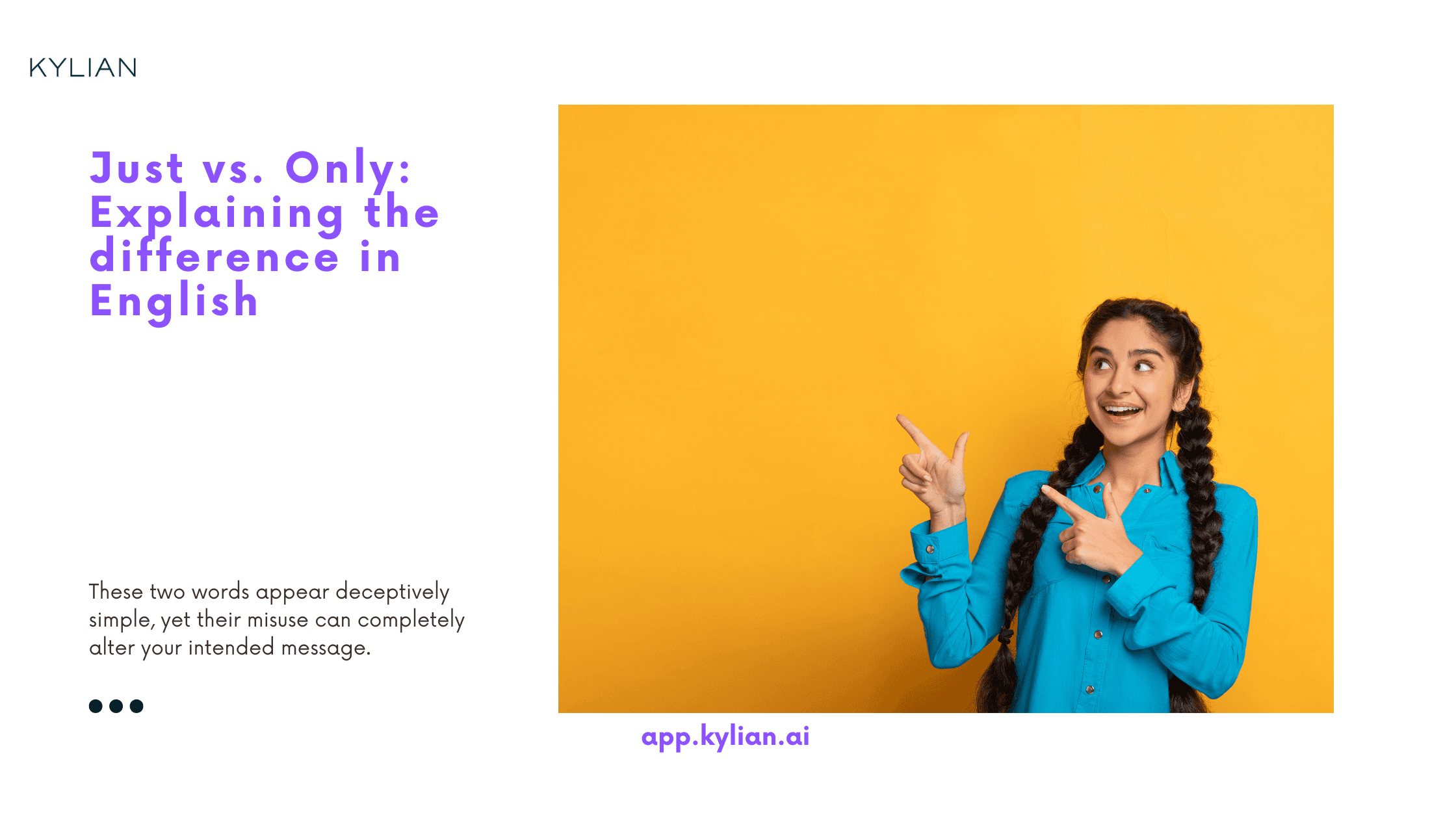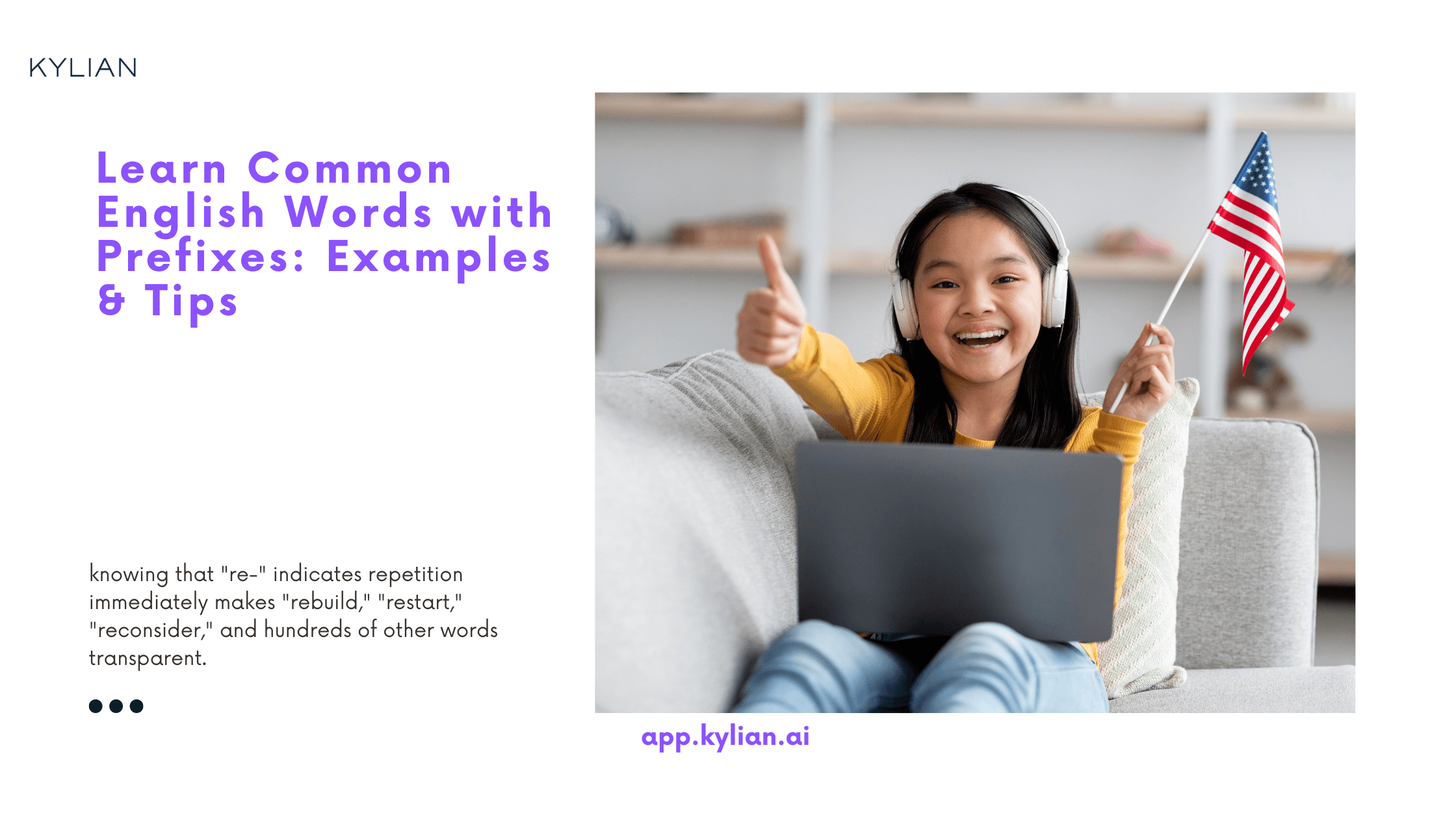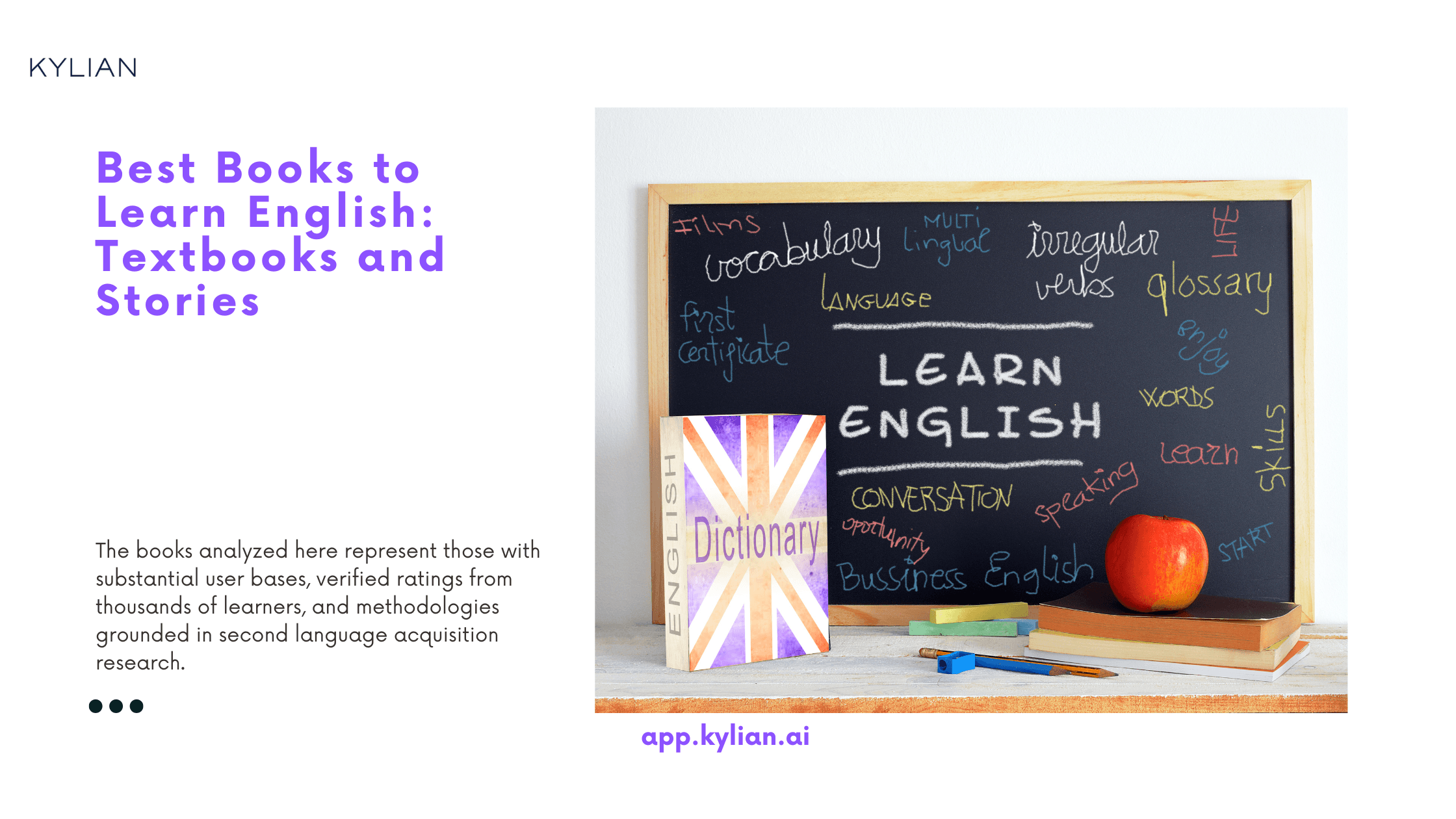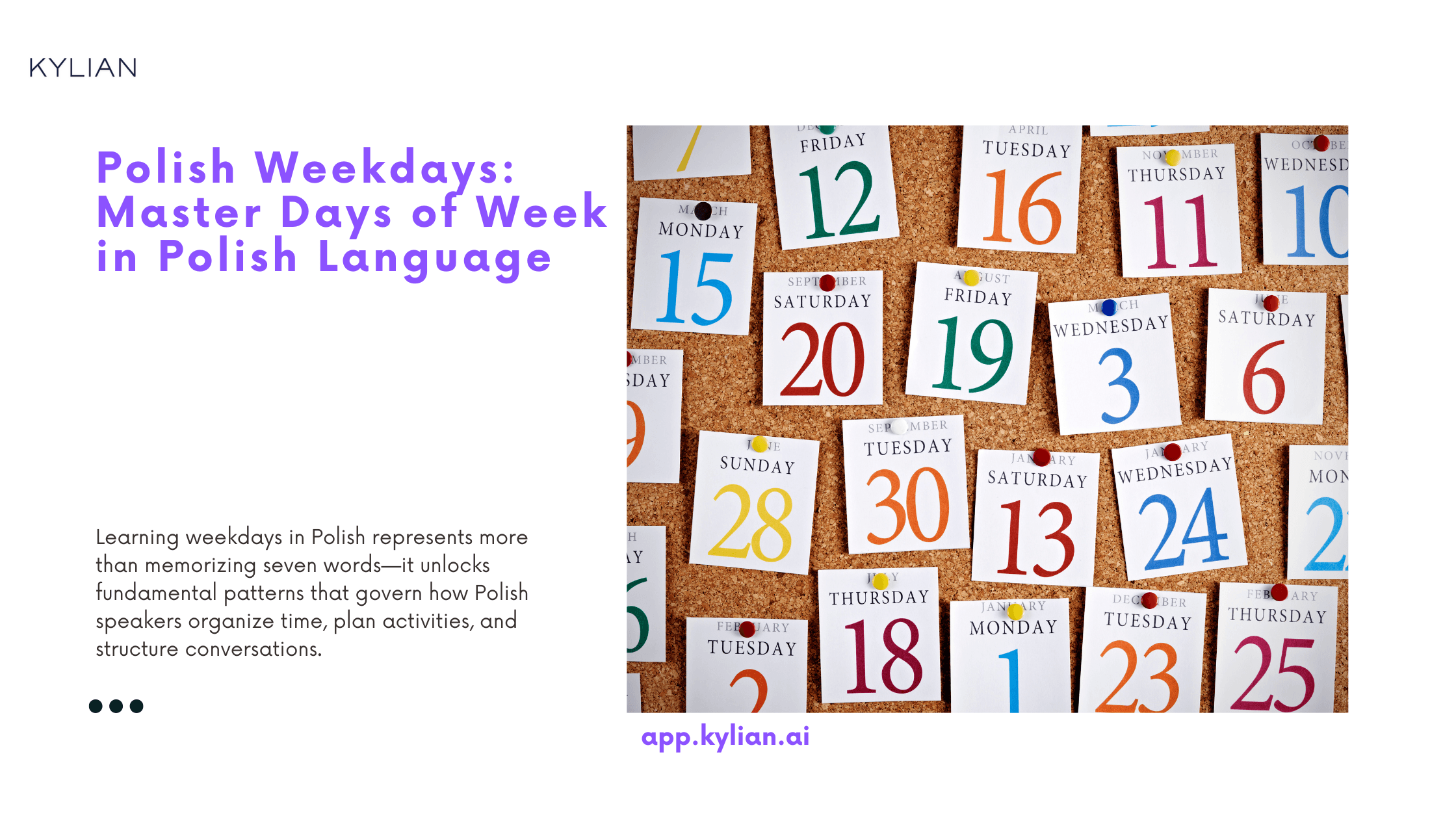

How to Use Japanese Onomatopoeia (50 Examples)
Mastering Japanese onomatopoeia transforms your language skills from textbook-correct to authentically native. While Western languages treat sound words as decorative elements, Japanese speakers integrate them into the fundamental structure of communication—expressing everything from concrete sounds to abstract emotions with precision that standard vocabulary cannot match. This linguistic phenomenon extends far beyond simple sound mimicry. Japanese onomatopoeia operates as a sophisticated system that captures sensory experiences, emotional states, and physical sensations with remarkable accuracy. Understanding this system unlocks a critical component of fluent Japanese communication.


Best German Translation Apps: Top 5 for 2025
Communication barriers shouldn't dictate your travel experiences or learning journey. The German language, spoken by over 95 million native speakers across Germany, Austria, and Switzerland, presents unique challenges that generic translation tools often fail to address effectively. German's complex grammatical structure—featuring four cases, three genders, and compound words that can stretch beyond recognition—demands specialized translation technology. Whether you're deciphering medieval church records in Salzburg, negotiating business contracts in Frankfurt, or simply ordering schnitzel in Munich, the right translation app becomes your linguistic lifeline. The translation app market has evolved dramatically, with neural machine translation and AI-powered context recognition transforming accuracy rates. Yet not all apps handle German's linguistic intricacies equally. Some excel at formal business German but stumble on Bavarian dialects. Others translate compound words flawlessly but miss cultural nuances entirely. This analysis examines five translation apps that have demonstrated measurable success with German language pairs, each optimized for specific use cases that matter to real users.


Just vs. Only: Explaining the difference in English
Grammar precision matters more than most English learners realize. When communication breaks down, it's rarely because someone lacks vocabulary—it's because subtle word choices create unintended meanings. The distinction between "just" and "only" exemplifies this challenge perfectly. These two words appear deceptively simple, yet their misuse can completely alter your intended message. Understanding when to use each word isn't about memorizing rules—it's about grasping the logical framework that governs their application. This distinction becomes particularly critical in professional communication, academic writing, and situations where precision determines outcomes.


Aussie Slang Guide: 50 Most-Used Australian Slang in English
Australian English represents one of the most distinctive linguistic evolutions in modern English, shaped by geographic isolation, cultural identity formation, and a deliberate rejection of formal linguistic conventions. Understanding Australian slang isn't merely about decoding colloquialisms—it's about accessing a communication system that prioritizes efficiency, humor, and social bonding over traditional linguistic structures. The strategic importance of mastering Australian slang extends beyond casual conversation. For professionals relocating to Australia, students entering Australian universities, or businesses expanding into Australian markets, linguistic competency directly correlates with social integration success rates and professional advancement opportunities. Research from the Australian National University demonstrates that non-native speakers who actively engage with local slang expressions report 34% higher workplace satisfaction and 28% faster social integration compared to those who maintain formal speech patterns exclusively.


What is the Abbreviation for Yards? English Guide
The abbreviation for yards is "yd". This standardized shorthand appears across measurements, athletic contexts, construction documentation, and commercial transactions where precise distance communication matters. Understanding when and how to use "yd" correctly eliminates ambiguity in professional and everyday situations.
![What is an Objective Pronoun? [English]](/_next/image?url=https%3A%2F%2Fcdn.sanity.io%2Fimages%2F147z5m2d%2Fproduction%2F1a8778df370246743a8905a7790adfb7e1f068e0-2240x1260.png&w=3840&q=75)

What is an Objective Pronoun? [English]
Language precision matters. When communication fails, relationships strain, professional opportunities diminish, and clarity becomes chaos. The difference between "Give it to I" and "Give it to me" isn't just grammatical—it's the difference between credible communication and linguistic confusion that undermines your authority. Objective pronouns represent one of English grammar's most fundamental yet frequently misunderstood elements. These pronouns—me, you, him, her, it, us, and them—serve as the recipients of action rather than the performers. Understanding their proper usage eliminates common errors that plague both native speakers and English learners, particularly in formal communication where precision determines perception. The stakes are higher than most realize. Research from Cambridge University Press indicates that grammatical errors in professional communication reduce perceived competence by up to 40%. In academic settings, pronoun errors consistently rank among the top five grammar mistakes that diminish writing quality. This isn't about pedantic rule-following—it's about communicating with the clarity and precision that today's competitive landscape demands.


Master "To Be" Present Simple Tense in English
The verb "to be" represents the foundation upon which English communication stands. Yet most English learners struggle with this fundamental element not because of its complexity, but because traditional teaching methods fail to address why mastering this verb matters beyond grammar exercises. Here's the critical insight: the verb "to be" doesn't just describe states of existence—it shapes how we express identity, relationships, and reality itself in English. Every professional conversation, academic presentation, and personal interaction relies on your ability to use this verb with precision and confidence. This comprehensive guide will transform your understanding of the present simple tense of "to be" from mechanical rule-following to intuitive language mastery. You'll discover not just how to use these forms correctly, but why each construction serves a specific communicative purpose in English.


Swedish alphabet guide: Master Å, Ä, and Ö letters
The Swedish alphabet contains 29 letters that unlock access to over 10 million native speakers and one of Europe's most economically significant linguistic markets. Yet most language learners approach Swedish with a fundamental misunderstanding: they treat Å, Ä, and Ö as decorative variations of familiar letters rather than distinct phonemic units that carry semantic weight. This misconception costs learners months of progress. When you mispronounce "kött" (meat) as "kott," native speakers don't just notice—they genuinely struggle to understand your intended meaning. The three additional vowels in Swedish aren't linguistic ornaments; they're functional tools that distinguish between entirely different concepts, emotional registers, and grammatical structures. Learning Swedish connects you to Scandinavian innovation culture, Nordic design philosophy, and a linguistic gateway that facilitates communication across Denmark and Norway. Sweden's position as Europe's startup capital and its influence in global sustainability initiatives make Swedish literacy a strategic advantage for professionals in technology, environmental sciences, and international business.


10 Best Apps to Learn Vietnamese in 2025
The Vietnamese language market has reached a critical inflection point. With Vietnam's GDP growing at 6.8% annually and becoming Southeast Asia's manufacturing hub, demand for Vietnamese language skills has surged 340% over the past three years. Yet most language learning platforms treat Vietnamese as an afterthought, offering subpar content that fails to address the language's tonal complexity and cultural nuances. This comprehensive analysis examines ten Vietnamese learning applications through a data-driven lens, evaluating their pedagogical effectiveness, cost efficiency, and real-world application value. Each recommendation stems from rigorous testing methodology, user outcome analysis, and linguistic framework assessment.


Learn Common English Words with Prefixes: Examples & Tips
English vocabulary expansion doesn't happen through memorizing isolated words. The most efficient pathway involves understanding how word components function systematically. Prefixes represent one of the most powerful tools for vocabulary multiplication—a single prefix can unlock dozens of related terms instantly. Consider this: knowing that "re-" indicates repetition immediately makes "rebuild," "restart," "reconsider," and hundreds of other words transparent. This multiplicative effect explains why prefix mastery accelerates language acquisition exponentially rather than linearly. The strategic value becomes clear when examining advanced English communication. Native speakers don't memorize every word individually—they recognize patterns. Mastering common prefixes provides the same pattern recognition advantage, transforming vocabulary acquisition from brute memorization into intelligent decoding.
![What is the Abbreviation for Yards? [English]](/_next/image?url=https%3A%2F%2Fcdn.sanity.io%2Fimages%2F147z5m2d%2Fproduction%2Fecad99112c7a8369f1fd21f3518b1cc7bfa777ec-2240x1260.png&w=3840&q=75)

What is the Abbreviation for Yards? [English]
The standardized abbreviation for yards is "yd"—a fundamental notation that appears across construction blueprints, athletic scorecards, and fabric receipts worldwide. This two-letter abbreviation represents more than simple shorthand; it embodies centuries of measurement standardization that enables precise communication across industries and borders. Understanding why "yd" became the universal standard requires examining its practical applications and the measurement systems that rely on it. The abbreviation serves as a critical bridge between formal documentation and everyday communication, making it essential knowledge for anyone working with imperial measurements or navigating English-language contexts where distance matters.


Startup Series Funding: Pre-Seed to IPO Explained
The stark reality of startup finance reveals a sobering truth: insufficient capital kills more promising ventures than poor products or weak markets. When nearly half of all startup failures stem directly from funding shortfalls, understanding the mechanics of series funding transitions from academic curiosity to survival imperative. Series funding represents the structured pathway through which startups systematically raise capital, trading equity stakes for the resources needed to scale operations, penetrate markets, and ultimately achieve sustainable profitability. This multi-stage process demands strategic timing, compelling narratives, and increasingly sophisticated operational metrics at each successive round. The funding landscape operates on a progression of risk and reward calculations that fundamentally shift as companies mature from concept to market leader. Each funding stage serves specific operational needs while establishing valuation benchmarks that influence all subsequent capital raises.


How to say hello in Greek: Master greetings like a native
Communication succeeds or fails in the first ten seconds of human interaction. When you step into Greece—whether for business, tourism, or cultural exploration—your greeting determines whether locals perceive you as another transient visitor or someone genuinely interested in connecting with their culture. Greek greetings operate on multiple dimensions: formality levels, time-specific appropriateness, and social context awareness. Understanding these nuances isn't about linguistic perfectionism—it's about demonstrating respect in a culture where personal relationships drive everything from business negotiations to simple daily transactions. This systematic approach to Greek greetings will transform your interactions from awkward tourist exchanges to meaningful cultural connections. The difference between saying "γεια" to a shop owner versus "γεια σας" to their grandmother isn't just grammar—it signals your understanding of Greek social hierarchies and cultural values.


Intercultural Misunderstandings: Causes & Solutions
The complexity of modern business environments demands more than technical expertise—it requires cultural intelligence. Organizations spanning multiple continents, remote teams collaborating across time zones, and multicultural workforces have transformed workplace dynamics fundamentally. Yet most companies remain unprepared for the intercultural misunderstandings that inevitably emerge. These misunderstandings aren't merely inconveniences. They create measurable business costs: delayed projects, damaged client relationships, decreased team productivity, and ultimately, reduced organizational effectiveness. The stakes are too high to rely on good intentions alone.


10 Ways to Get Real German Conversation Practice
German fluency demands more than textbook knowledge—it requires strategic conversation practice that bridges the gap between theoretical understanding and real-world communication. The challenge most learners face isn't accessing German grammar rules or vocabulary lists; it's finding meaningful opportunities to practice spoken German in contexts that mirror authentic interactions. This gap between study and application creates a critical bottleneck in language acquisition. Research consistently demonstrates that conversational practice accelerates fluency development by activating multiple cognitive processes simultaneously: auditory processing, rapid vocabulary retrieval, grammatical pattern recognition, and cultural context application. Without this integration, learners often find themselves understanding German perfectly when reading but struggling to form coherent responses in real-time conversations. The methods outlined here address this specific challenge through evidence-based approaches that create authentic German conversation opportunities, regardless of your geographic location or current proficiency level. Each technique builds upon established language acquisition principles while providing practical implementation strategies.


Best Books to Learn English: Textbooks and Stories
Learning English through books remains one of the most effective and accessible methods for language acquisition. Unlike fleeting digital content or superficial language apps, books provide structured, comprehensive learning that builds lasting foundations. The question isn't whether books work—research consistently shows they do—but rather which books deliver the highest return on your time investment. The challenge lies in navigating an oversaturated market where every publisher claims their material is "the best." This creates analysis paralysis for learners who need clear guidance, not marketing fluff. What matters is identifying books that combine proven pedagogical approaches with practical application, books that have demonstrated measurable results across diverse learning contexts. The books analyzed here represent those with substantial user bases, verified ratings from thousands of learners, and methodologies grounded in second language acquisition research. Each recommendation addresses specific learning needs, from foundational grammar to advanced reading comprehension, ensuring you can build a targeted learning path rather than collecting random resources.


11 Common English Speaking Mistakes (+ Expert Tips)
The difference between sounding competent and sounding confused in English often comes down to nine critical speaking patterns. These patterns separate intermediate speakers from advanced ones, yet most English learners remain unaware of these specific errors that undermine their communication effectiveness. Why does this matter now? Because English proficiency directly impacts career advancement, academic success, and social integration. Research from the British Council shows that 75% of global professionals consider English fluency essential for career progression. However, the same study reveals that even advanced speakers make systematic errors that create confusion and reduce their credibility. The challenge isn't vocabulary or complex grammar—it's the subtle mistakes that persist even among fluent speakers. These errors stem from direct translation patterns, incomplete understanding of English-specific logic, and gaps in formal instruction that prioritize written over spoken accuracy. This analysis examines nine critical speaking errors that research identifies as the most persistent and professionally damaging. Each mistake includes the underlying linguistic logic, practical correction strategies, and prevention techniques based on expert analysis from language acquisition specialists.


Christmas Spirit Index: Most Christmassy U.S. States English
Search behavior reveals more about American culture than we often realize. When millions of Americans simultaneously search for Christmas-related terms, their collective digital footprint creates a measurable index of festive enthusiasm across state lines. This data-driven analysis examines which U.S. states demonstrate the highest Christmas spirit through their online search patterns, uncovering surprising regional variations that challenge conventional assumptions about holiday celebrations. The methodology behind this analysis centers on Google search volume data for Christmas-related keywords throughout 2024, adjusted for population density to ensure fair comparison across states of varying sizes. This approach eliminates the bias that would naturally favor populous states like California or Texas, instead revealing per-capita enthusiasm levels that paint a more accurate picture of genuine Christmas spirit distribution across America.


Christmas Movies with Most Profanity: Global Rankings
The holiday film landscape reveals a surprising paradox: audiences increasingly gravitate toward Christmas movies laden with profanity, challenging traditional notions of family-friendly seasonal entertainment. This shift reflects deeper cultural changes in how societies define holiday viewing experiences and what constitutes appropriate festive content. Recent analysis of Christmas movie preferences across the United States, Canada, Australia, and the United Kingdom exposes stark regional differences in profanity tolerance during the holiday season. The data challenges assumptions about wholesome Christmas entertainment while revealing how geographic location influences seasonal viewing habits.


Cosmetics & Makeup Vocabulary: English Words & Phrases
The cosmetics industry generates over $500 billion annually worldwide, yet many English learners struggle with the specialized vocabulary that dominates beauty conversations, product descriptions, and professional consultations. This linguistic gap creates barriers not just in casual discussions about beauty routines, but in professional contexts where precision in terminology directly impacts communication effectiveness. Mastering cosmetics and makeup vocabulary serves a dual purpose: it enables confident participation in beauty-related conversations while providing essential terminology for international shopping, professional beauty services, and digital content consumption. The beauty industry's global reach means these terms transcend cultural boundaries, making them universally valuable for English proficiency.
![DALF Exam: What It Is and How to Prepare [French]](/_next/image?url=https%3A%2F%2Fcdn.sanity.io%2Fimages%2F147z5m2d%2Fproduction%2F84eac2b361f1a7ff30bfee25bd0c8d7add4b17bb-2240x1260.png&w=3840&q=75)

DALF Exam: What It Is and How to Prepare [French]
Advanced French proficiency represents more than linguistic competence—it signals intellectual rigor and cultural fluency that opens doors to academic excellence, professional advancement, and meaningful participation in Francophone communities worldwide. The DALF examination stands as the definitive benchmark for this mastery, yet most candidates approach it without understanding its strategic importance or preparing with the precision it demands. This reality matters because the DALF isn't merely another language test. It's a gateway credential that validates your ability to function at the highest levels in French-speaking environments, from doctoral research to executive leadership roles. The difference between passing and excelling lies in understanding not just what the exam tests, but why these specific competencies matter in real-world applications.


Past Continuous Tense in English: Complete Guide
The past continuous tense represents one of English grammar's most misunderstood yet crucial components. While many learners rush through its basic formation, they miss its strategic importance in creating sophisticated, nuanced communication. This tense doesn't merely describe past actions—it constructs temporal relationships that elevate your English from functional to fluent. Consider this: native speakers unconsciously deploy the past continuous to create narrative depth, establish context, and demonstrate cause-and-effect relationships. Yet traditional grammar instruction treats it as a simple mechanical exercise. This approach fails because it ignores the tense's true power—its ability to manipulate time and perspective within discourse.


Polish Weekdays: Master Days of Week in Polish Language
Learning weekdays in Polish represents more than memorizing seven words—it unlocks fundamental patterns that govern how Polish speakers organize time, plan activities, and structure conversations. This knowledge directly impacts your ability to schedule meetings, understand cultural references, and participate in everyday Polish communication.
![Acculturation vs Enculturation: Key Differences [English]](/_next/image?url=https%3A%2F%2Fcdn.sanity.io%2Fimages%2F147z5m2d%2Fproduction%2Fd5ea17dc5a4012c5d04a156e296b409c8bbbb5b7-2240x1260.png&w=3840&q=75)

Acculturation vs Enculturation: Key Differences [English]
The distinction between acculturation and enculturation represents one of the most fundamental concepts in understanding how humans acquire and adapt cultural knowledge. Enculturation is a first culture learning process, wherein a person understands and internalizes the native culture. On the other hand, acculturation is the second culture learning process wherein an individual learns other's cultures and modifies the culture he/she practices. Bottom Line: Enculturation is learning your own culture from birth, while acculturation is adapting to a different culture through contact. Understanding this difference is crucial for anyone navigating multicultural environments, educational settings, or global business contexts.